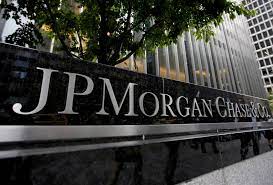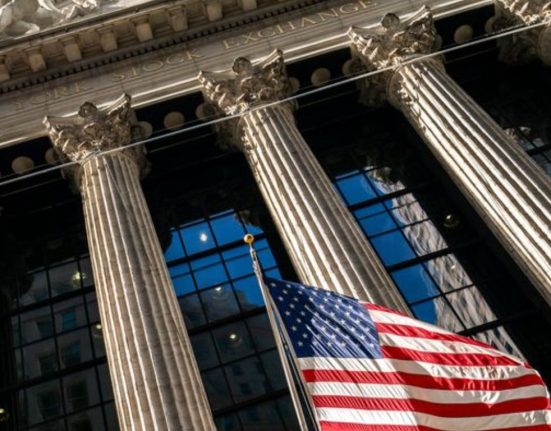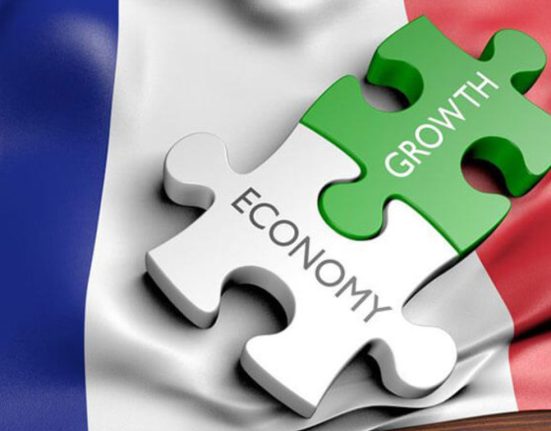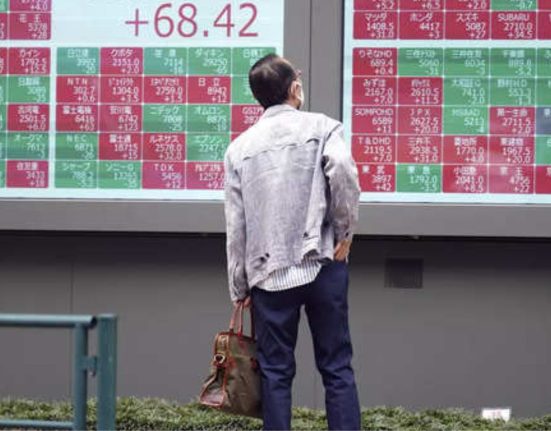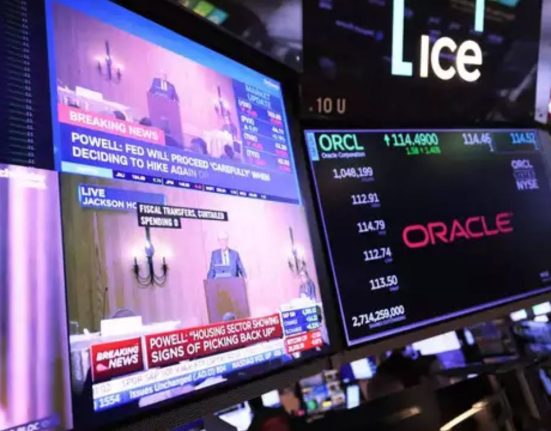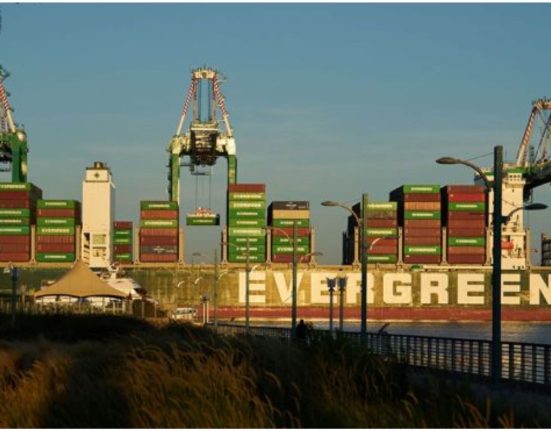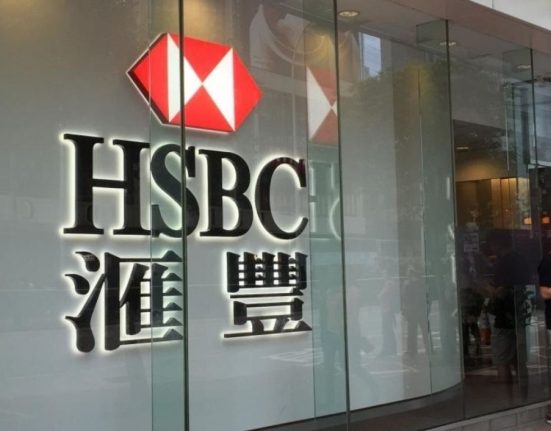Major U.S. banks, such as JPMorgan Chase, Wells Fargo, and Citigroup, have released their latest earnings reports, presenting a mixed picture of the economy. While some sectors show signs of resilience and optimism, concerns over consumer spending, credit card losses, and commercial real estate have raised red flags among investors.
Despite the initial enthusiasm, investors soon became wary, fearing that the current state of affairs might represent a peak for the time being.
Citigroup CEO Jane Fraser acknowledged the unique environment the banks are operating in, characterized by higher inflation, interest rates, and a strong labor market. However, Fraser expressed a belief that there is no need for excessive concern regarding the health of the U.S. consumer.
JPMorgan Chase and Wells Fargo reported substantial increases in net interest income, a key driver of profitability. This measure calculates the difference between the interest earned on loans and the interest paid on deposits. Citigroup, on the other hand, faced weakness in its trading business, overshadowing gains in interest income. Similar headwinds are expected to impact other banks with a greater reliance on Wall Street operations, such as Goldman Sachs and Morgan Stanley, as they announce their results in the coming week.
BlackRock, the world’s largest asset manager, exceeded profit expectations for the second quarter. However, it showcased a slowdown in money inflows, indicating a potential shift in market dynamics.
State Street Corp, a U.S. custodian bank, also outperformed profit estimates for the second quarter, driven by an 18% year-on-year increase in interest income. However, interest income fell on a quarterly basis by 10%, primarily due to lower average non-interest bearing deposit balances. State Street warned of a further decline in net interest income for the upcoming quarter, citing lower deposit levels. Large banks have experienced a decline in deposits as consumers seek higher yields elsewhere.
The overall outlook for the U.S. economy, as reflected in the bank results, remains uncertain. While some executives expressed confidence in the economy’s resilience, they also noted that consumers are gradually depleting their cash reserves.
Concerns over consumer spending were evident, with bank executives highlighting a modest deterioration in consumer debt and a slowdown in borrowing. The growth rate of bank credit card lending, in particular, has decelerated after two years of robust increases. Additionally, auto loans, a significant component of consumer lending, have seen a decline in growth since early 2022.
Wells Fargo reported a slight deterioration in consumer charge-offs, which refers to debts that banks have written off and do not expect to recover. Citigroup also raised concerns about rising delinquency rates in credit cards and other retail lines, projecting a return to “normal levels” by the end of the year.
Looking ahead, Wells Fargo CEO Charlie Scharf mentioned that the range of economic scenarios should narrow in the coming quarters. While the economy is currently performing better than expected, a gradual slowdown is anticipated.
Larry Fink, CEO of BlackRock, expressed his expectation of a challenging economic environment, noting that inflation might persist at levels higher than the market assumes.
Deposit levels have been declining for major banks for over a year, with negative annual growth rates recorded since October 2022. JPMorgan Chase anticipates a modest downward trend in deposits.
Investment banking and trading businesses, which have weighed on earnings in recent quarters, continued to do so. However, some executives cautiously mentioned early signs of recovery in certain areas, though refraining from labeling it a turning point.
The recent earnings reports from JPMorgan Chase, Wells Fargo, and Citigroup provide valuable insights into the health of the U.S. economy. While concerns over aggressive rate hikes and potential recession persist, the economy demonstrates resilience. However, cautionary notes about consumer spending, credit card losses, and the commercial real estate sector warrant attention.
